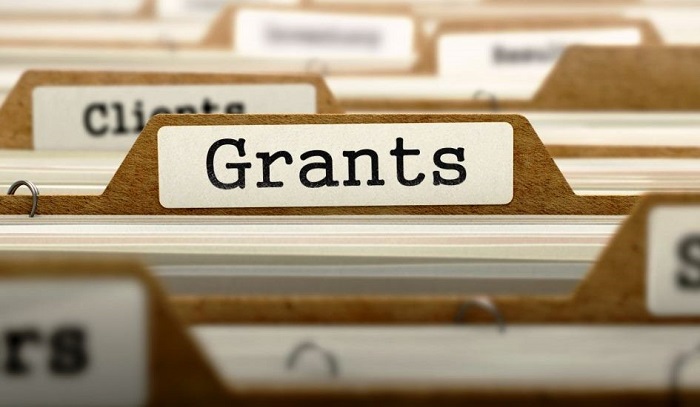It is a complicated and stressful process to prepare a grant proposal. Therefore, anyone in the grant proposal team has questions to ensure their government grants proposal stands out. The questions can be about anything. For example, where to start, understanding grants, the new regulations, among other things that can affect the success of the grant proposal. Also, it is vital to be aware of how the review process of the grant proposal works, and in case of rejection, what one should do. Below are common questions people ask about grants.
1. What are the types of grants available for my organization?
Colleges, universities, faculty, teachers, and nonprofit organizations can access state, federal, foundation, and corporate grants. The federal government is a primary source of grant funding in most places. In addition to federal grants, individual grant funding and corporate and foundation support are a source of grants. Federal funding, in this case, includes formula funds, federal entitlements, and competitive grants.
2.
Who should be part of the grant
writing team?
Every grant team should have key administrators and content experts. Key administrators have the authority to make any administrative decisions for the program, which can be invaluable during the grant proposal writing process. Additionally, you can have the graphic designers, the budget office, grant reviewers, evaluators, editors, statisticians, and technology coordinators. In rare cases, you may need marketing consultants.
3. How much time do I need to prepare a grant proposal?
The amount of time you will need to get your grant application ready depends on the function of the number of people on your project team. Most grants you will apply for have five to six weeks between the time of application is set to when the proposal is due. For a more complex grant proposal, this may not be enough time. Therefore, you need to plan well inadvance to alleviate any pressure to finish before the due date.
4. What components of the grants should be in the grant proposal?
Competitive grants need a specific type of application. The requirements may be different, but the components will remain the same. Grant proposal components to always have are the summary. The summary gives the first impression a reviewer gets of your organization. The statement of significance is vital for it explains why you need the grant money. The goals and objectives explain your plan of operation. Plus, activities, timelines, the evaluation plan, outcomes, and budgets need to have an accurate estimate as possible.
5. What does it involve to win a grant?
Many grant applications have rubrics or scoring criteria. So, once you check the grant application, read through them carefully, for they give you specific guidelines to creating a proposal the funder wants to see. If thereis no scoring rubric, read through the grant guidelines and make a list of anything you have to answer. So, as you fill the application, check off the items you wrote down to ensure your proposal complies with grant requirements. Also, other than knowing the donor’s requirements to win the grant, you need to have a good idea, collaboration, research, innovation and need for your proposed proposal.
6. What if you face grant rejection?
A grant rejection depends on a rejection letter, comments, or the scores on your application. If your proposalfaces rejection because you applied to the wrong donor or for a flawed idea, you should not reapply. But, if the reason for rejection is based on defects in some of your activities or a weak evaluation. Discuss with the donor what you need to fix. Then apply again immediately.
To sum up, as you start
developing your grant application, more questions will arise. Be bold and ask
these questions from other experienced colleagues or the grant administration
office. Also, you can reach out to people who have received grants before. But,
questions that you can answer as part of your expertise, only you and your team
can provide the answers. Plus, the range of universal questions is wide. But
the ability to answer effectively leads you in the right direction for getting
funding. Most importantly, success depends on getting an idea, extensive
research, innovation, collaboration, and perseverance.

